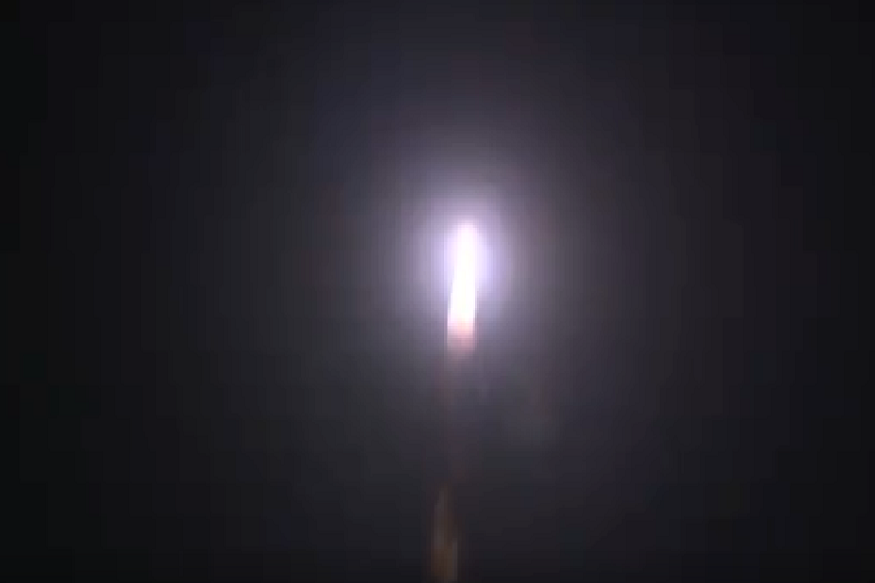
Amid tensions with India, Pakistan test-fires N-capable missile 'Ghaznavi'
Pakistan successfully test-fired its nuclear-capable surface-to-surface ballistic missile 'Ghaznavi' with a range of up to 290 kms, the Army said on Thursday (August 29), amid fresh Indo-Pak tensions after India revoked Jammu and Kashmir's special status.

Pakistan successfully test-fired its nuclear-capable surface-to-surface ballistic missile ‘Ghaznavi’ with a range of up to 290 kms, the Army said on Thursday (August 29), amid fresh Indo-Pak tensions after India revoked Jammu and Kashmir’s special status.
Pakistan Civil Aviation Authority on Wednesday closed three aviation routes of Karachi airspace till August 31, leading to reports that the Pakistan Army may conduct a missile test from a flight test range in Balochistan.
The Pakistan military’s media spokesperson, Major General Asif Ghafoor on Thursday shared a video of the “night-training launch” of the short range ballistic missile on Twitter.
Pakistan successfully carried out night training launch of surface to surface ballistic missile Ghaznavi, capable of delivering multiple types of warheads upto 290 KMs. CJCSC & Services Chiefs congrat team. President & PM conveyed appreciation to team & congrats to the nation. pic.twitter.com/hmoUKRPWev
— DG ISPR (@OfficialDGISPR) August 29, 2019
The Ghaznavi missile is capable of delivering multiple types of warheads up to 290 kms, that could cover parts of India.
According to experts, the Ghaznavi missile could be an improved ‘Scud’ type ballistic missile. The missile’s warhead can be conventional, high explosive (HE) and nuclear.
Maj General Ghafoor said that the Pakistan Chairman Joint Chiefs of Staff Committee (CJCSC) and the three services chiefs congratulated the team of experts for successfully testing the missile.
President Arif Alvi and Prime Minister Imran Khan also conveyed their appreciation to the team, and congratulated the nation on the feat, he said.
The nuclear-capable missile was launched amid Pakistan’s efforts to internationalise the Kashmir issue after India abrogated provisions of Article 370 of the Constitution to revoke Jammu and Kashmir’s special status and bifurcated it into two Union Territories.
Also Read: India test-fires DRDO’s Quick Reaction Surface-to-Air Missile
Prime Minister Khan has repeatedly raised the threat of a nuclear war in the region as a result of India’s decision on Kashmir. “In a nuclear war, no one will win. It will not only wreak havoc in this region, but the entire world will face consequences. It is now up to the international community,” he said last week.
Pakistan expelled the Indian High Commissioner after it downgraded the diplomatic ties with India in protest to India’s decision to end Jammu and Kashmir’s special status. It also suspended its trade with India and stopped the cross-border train and bus services.
India has categorically told the international community that the scrapping of Article 370 was an internal matter and also advised Pakistan to accept the reality. PM Khan once again raised the nuclear capabilities of the neighbours, saying there are no winners in a nuclear war.
Earlier in May, Pakistan conducted a successful training launch of Shaheen-II, a surface-to-surface ballistic missile. In January, it successfully launched the tactical ballistic missile Nasr as part of the Army Strategic Forces Command training exercise.

